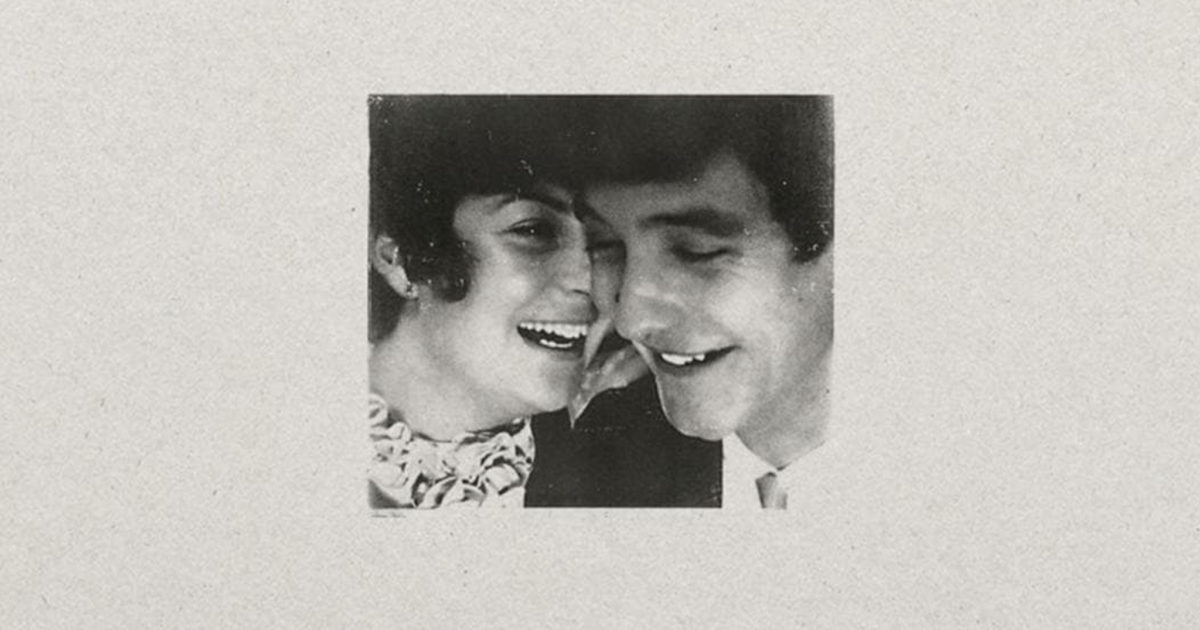In the 30 years they’ve been operating as a band, we’ve had all kinds of albums from Biffy Clyro – from ruminations on grief, to thematic trilogies, to sister records. What we haven’t had, however, is an opus that examines what it means to be a member of Biffy Clyro. Or, more accurately, to ponder what it might be like if the band was to call it a day.
Given how excellent Futique is, that makes the notion of a Biffy-less world an even more terrible thing to contemplate. But if a period of painful soul-searching is what it took to get a record that sounds so remarkably alive, then that suffering wasn’t for nothing.
By now, we’ve all read Simon Neil’s description of Futique as “an exploration of ideas, objects or relationships that exist across time. We are never aware when we do anything for the last time and there’s a beauty and sadness within that.” This notion very nearly applied to Biffy, as they explained to K! recently, so it’s impossible to listen to this 10th album without applying that context to many of its 11 songs.
For the uninitiated, the three members of Biffy had the longest break of their career after the release of 2021’s The Myth Of The Happily Ever After. Simon responded to his need to “pull away” from his day job and an encroaching fear of melody by writing, recording and touring with his other band, the caustically heavy Empire State Bastard. Having scratched that markedly different creative itch, he returned ready to recommence and in fighting form.
Simon’s bandmates, however – brothers James and Ben Johnston – were somewhere else entirely. James, in particular, struggled with the reflection this period afforded him, which, compounded by a period of depression that left the bassist bedbound, almost spelt the end for Biffy.
James described this period as “growing pains” after emerging from the haze of the “perpetual adolescence” that is being in a band. There is certainly an energy of liberation about Futique, as if it’s breaking free from the pack that is Biffy’s work to date. Opener A Little Love coasts on spritely keys that recall new wave legends Talking Heads, while It’s Chemical!’s latter half is laced with the kind of melody we haven’t heard from these lads before.

